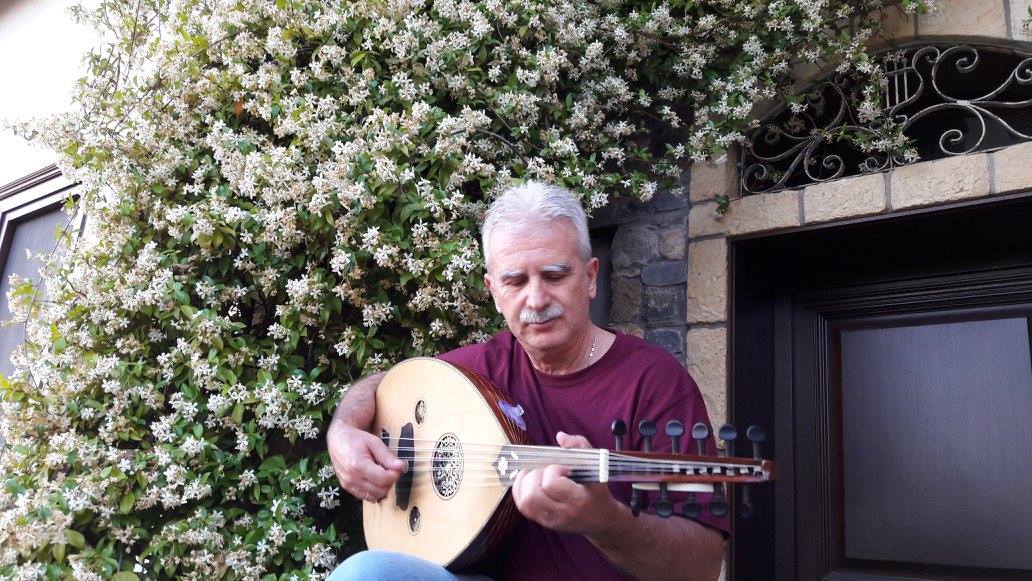By Thodoris Roussos
Australia is preparing to welcome the 2nd Zeibekiko Festival from September 27 this year thanks to Ventouris Productions.
With four weeks until the grand event, well-respected artist and researcher Yiannis Pagkozidis, who has been involved for many decades with matters of folk culture, speaks with The Greek Herald about what people will have the chance to enjoy up close.
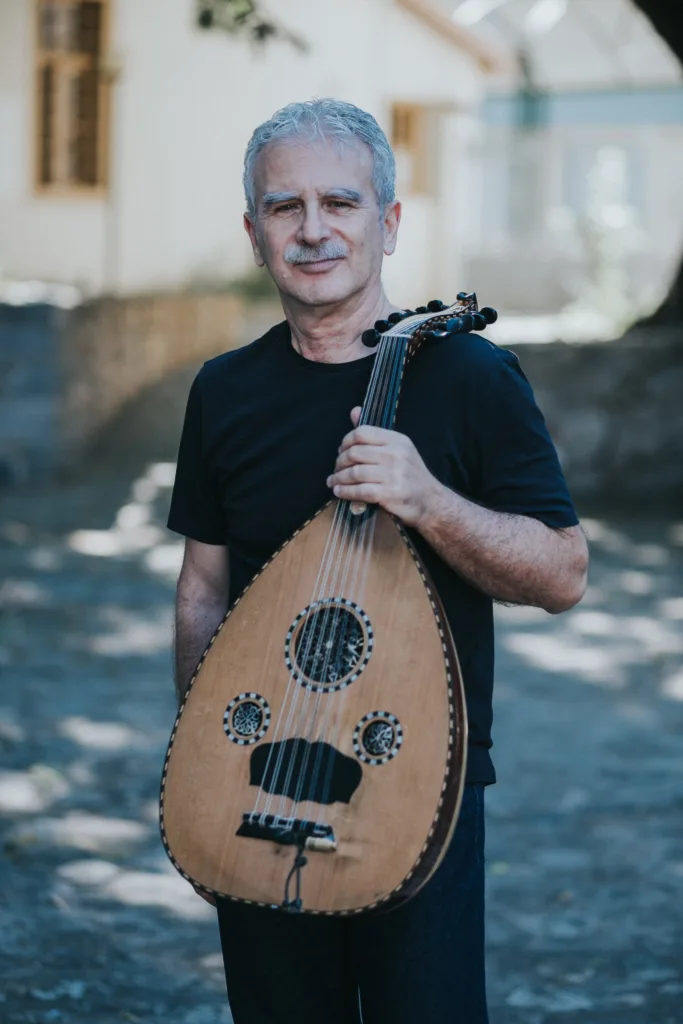
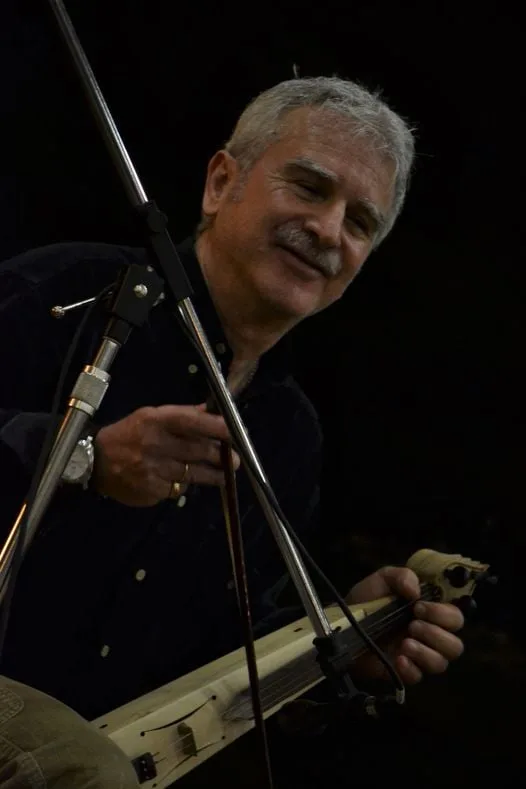
Did you always love music?
I would say I loved music since my youth. My father Konstantinos played the Pontic lyra almost daily in our family. So, these melodies became ingrained in me through experience. As my father was a key member of the Pontic association in Komotini, it was only natural that I became involved from a young age, attending various events and festivals in the region. Later, and even to this day, I have been participating in the cultural life of the area, particularly in the realm of folk culture and, primarily, in what is known as “musical and dance tradition.”
So, did your family inspire you to get involved with music?
When there is a musical instrument available daily in the family and the environment is connected to music, dance, frequent festivities, and family name day celebrations, you don’t need to try hard—it just comes naturally. Not always, of course. It also depends on the quality of the relationship with these things and on the general prevailing conditions that are shaped in society concerning our folk culture.
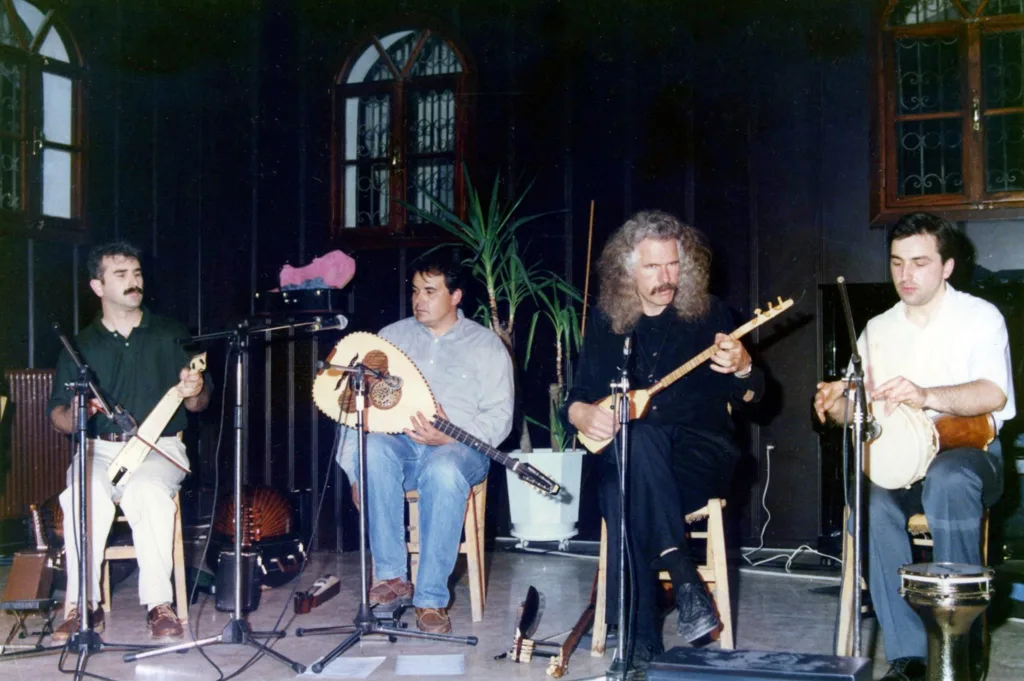
How many instruments do you play?
I started with traditional percussion instruments, like the toubeleki and daouli, accompanying musicians playing the lyra at celebrations and organised dances. At first, I would “relieve” the professional musicians when they wanted to take a break. Later, during my studies, I picked up the Pontic lyra, which, as I mentioned earlier, was played daily in our home, so without any formal lessons, the Pontic sounds immediately emerged from the instrument.
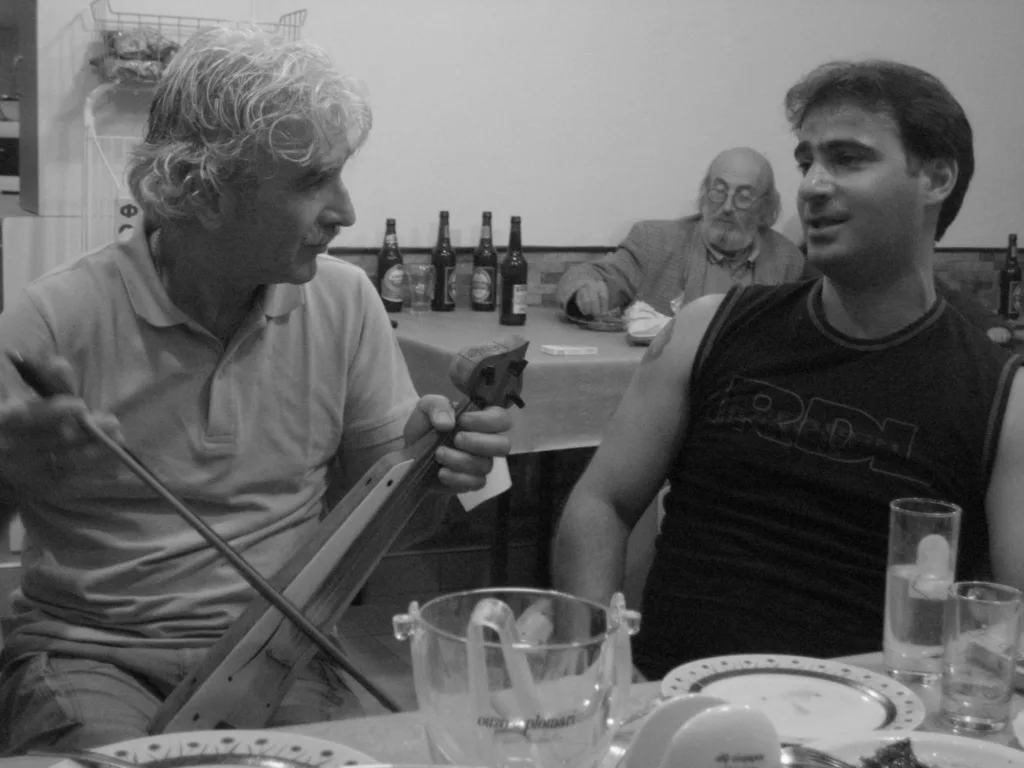
When did you acquire the “bug” for research?
After my studies and military service, when I returned to my hometown of Komotini, the other music of the region, from other refugee and local musical traditions of my multicultural city, began to resonate within me. It wasn’t long before I became acquainted with the oud, through mingling with other Asia Minor refugees, especially the Turkish-speaking Cappadocians of the area who hailed from Kayseri in Asia Minor. That’s when I caught the “bug” for research, meaning the further exploration of these key elements of Greek folk culture, our “musical and dance tradition.” Since then, and to this day, this beautiful and long journey of exploring and engaging with what is called “tradition” continues.
Are there young people today who are involved in this musical tradition?
Fortunately, in recent years, many young people are getting involved, mainly through the hundreds of cultural associations and organisations that exist. What’s important—for me, of course—is how we manage this tradition.
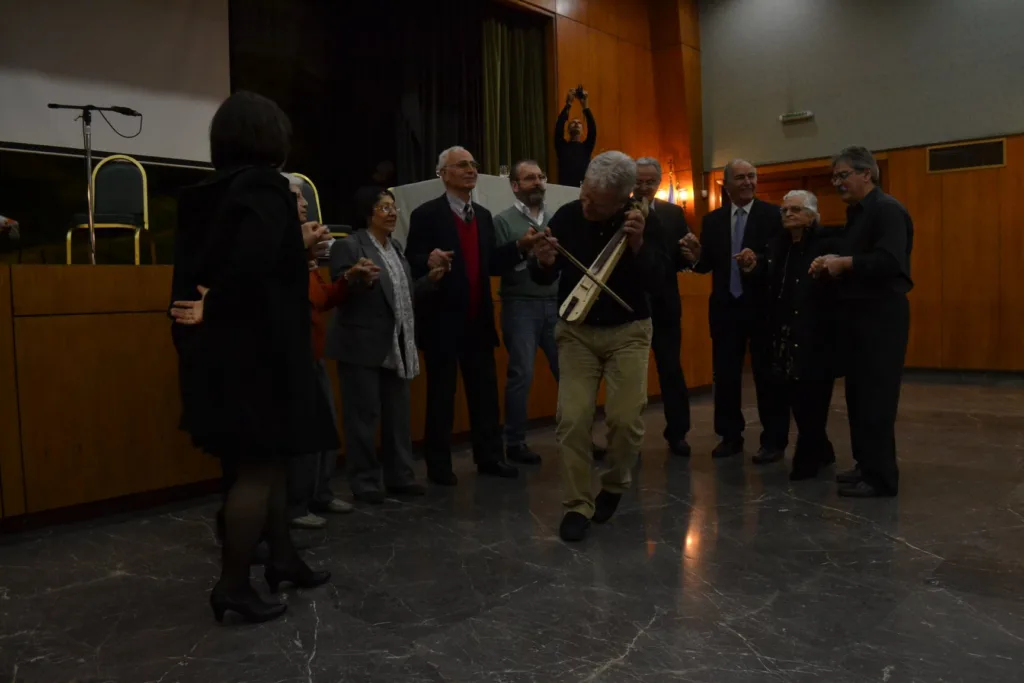
Why do we see a rejection of anything traditional in modern Greece?
You pose an important question, one that would take hours to explain. It is also the main topic of my latest research. I wrote an article in a local newspaper years ago, which people can find online. If we were to give it a headline, we would say that the folkloric standardisation of folk tradition essentially alienates and distances people from it.
The most difficult question for an artist: If we asked you to choose just one song as your favourite, which would it be?
Indeed, a difficult question, especially for me, because our musical and dance tradition is so rich that it’s impossible to have just one.
What is the connection of the Zeibekiko with Asia Minor?
My research into the origins of the Zeibekiko is ongoing. However, it is certain that there isn’t a single Asia Minor Greek whose heart doesn’t skip a beat when they hear and dance a heavy Apdaliko Zeibekiko or Karsilamas.
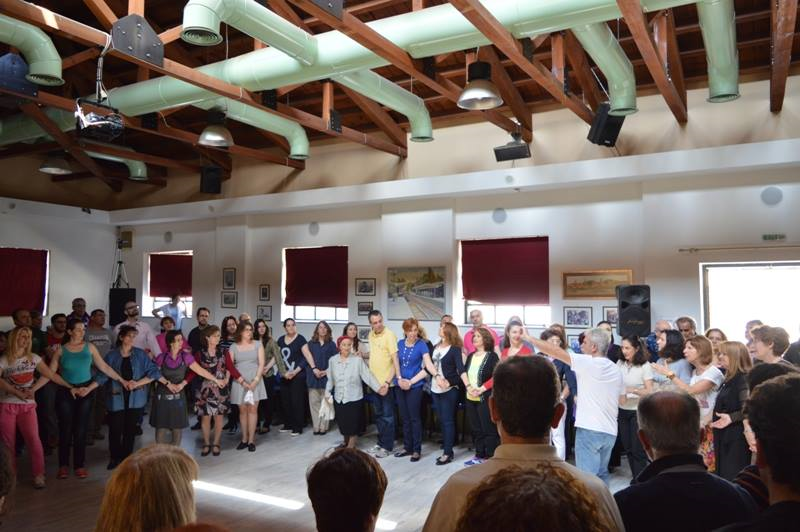
What should we expect from the 2nd Zeibekiko Festival in Australia, and is there a message you would like to send to the Greek diaspora?
First of all, I must thank the organiser, Sophia Ventouris, and her organisation, for the opportunity, the honour, and the invitation to be with you in Australia (a first for me) and to meet you in person.
At this festival, according to Sophia’s wishes, following the previous successful first festival with Zeibekiko master Christos Shakallis, I will attempt to introduce those interested to the rhythms of 9/8 (a musical rhythmic term), to the so-called folk-traditional Asia Minor Zeibekikos and Karsilamas, with their “improvisational” character.
I look forward to meeting you all in person, the entire Greek diaspora, the associations, and the people who, among their other obligations, strive to engage with folk culture. Also, to meet my relatives in Sydney, the Pavlidis family.
Will there be seminars on learning Greek dances from Cappadocia and Pontus?
Certainly, there will be a series of activities that Sophia Ventouris is already planning with great love, which will cover almost the entire spectrum—as much as time allows in such a short period. There will be seminars on Greek dances from the wider Asia Minor region. However, we will focus on the dances of Cappadocia and Pontus, and the 9/8 rhythm.
Additionally, Sophia introduced me to two people who are musically active in Australia, among other things—Michalis Platyrrahos and Dimitris Koubaroulis and their musical groups—and together with them, we will have musical concerts, celebrations, etc., where I will also be playing the Pontic lyra and oud during my stay in Australia.
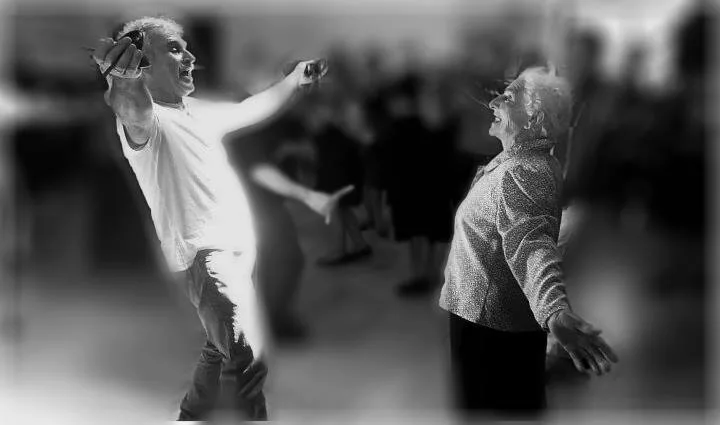
How important do you consider it for a culture to preserve traditions, customs, and practices, particularly for the diaspora in Australia?
I believe there is nothing more important than maintaining the identity of each entity and knowledge of any tradition, especially for the diaspora in a place so far from their homeland. I think it is admirable to feel the love for our homeland and origins, as I understand that inevitable changes occur from generation to generation. I would also say the classic: to maintain the roots of origin and the branches of each generation, because in the coming years, with the so-called “globalisation,” there is a risk of knowing nothing about “where we come from,” and I’m not sure how significant this will be for each of us in the future.
The second Zeibekiko Festival Australia will return with a bang from September 27 this year thanks to Ventouris Productions. Events are being held in Sydney and Melbourne. To book tickets to the Sydney events, click here. To book tickets to the Melbourne event, click here.
If you wish to be a sponsor of this event, or contribute as a performer, business partner or volunteer please call Sophia Ventouris on 0413 114 930. The Greek Herald are proud media partners for this event.
- Instagram: @zeibekiko_festival_australia
- Facebook: https://www.facebook.com/ZeibekikoFestivalAustralia
- Website: www.zeibekikofestivalaustralia.com.au
